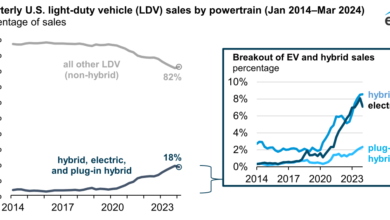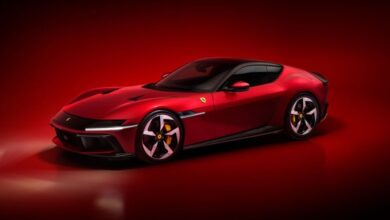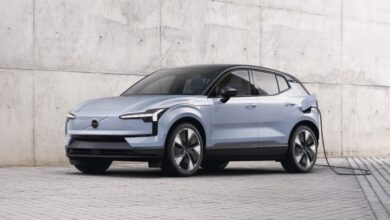BYD’s workforce nearly doubles Toyota’s as EV sales surge

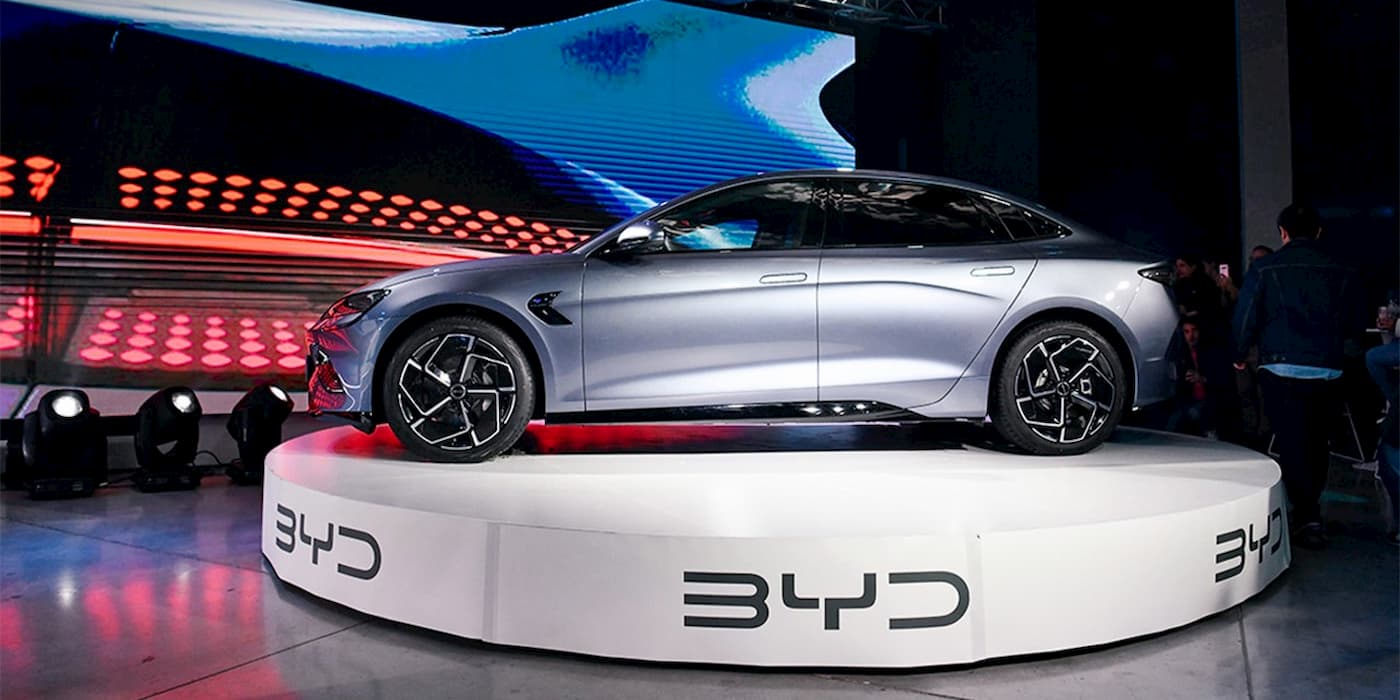
As EV sales surge in China, BYD’s workforce has expanded rapidly, adding nearly 500,000 employees since 2019. BYD’s workforce is now roughly double that of Toyota’s as China’s EV leader expands overseas.
China’s surging EV sales are leading to new job growth
Privately-owned firms, such as BYD and others in the EV industry, are accelerating job growth in China.
According to filings, there were about 30.57 million employees in China at the end of 2023. That’s up 13% from 2019. Private companies accounted for 81% of the growth, or 2.85 million jobs.
The main drivers behind China’s job growth are auto, electric devices, and semiconductors, all powering the country’s surging electric vehicle market. According to the IEA’s Global Electric Vehicle (EV) Outlook 2024, China accounted for 60% of all EV and PHEV sales globally last year.
In 2023, new energy vehicle (EVs and PHEVs) registrations reached 8.1 million in China, up 35% year over year (YOY).
In addition, with over 4 million cars exported last year, China became the largest auto exporter in the world. 1.2 million of them were NEVs, up 80% YOY. The report expects the EV sales surge to continue, with one in three cars projected to be electric in China in 2030.
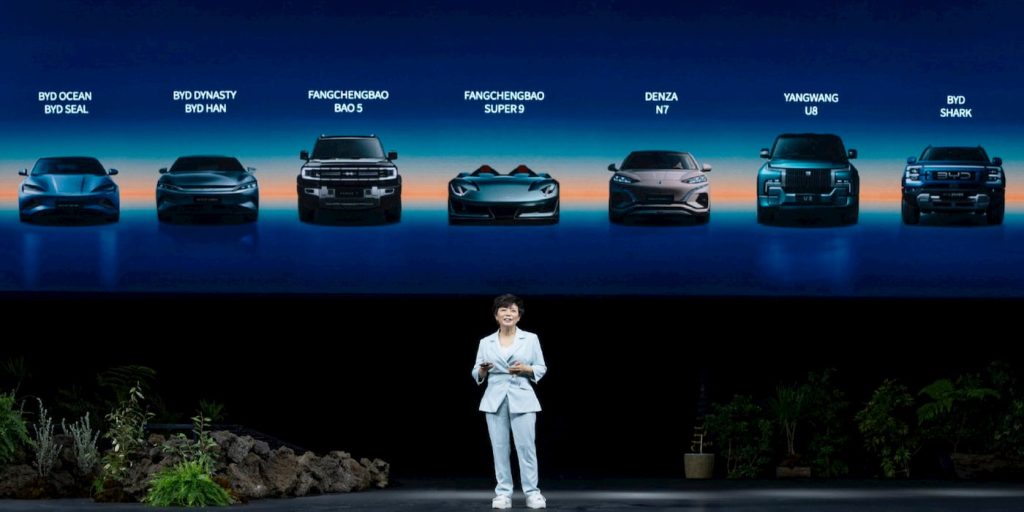
One of the biggest factors is the already low prices. Electric car prices are down drastically from 2018. The IEA report estimates “that around 55% of the electric cars sold in China in 2022 were cheaper than their average ICE equivalent.”
With further price cuts, around 65% were projected to be cheaper last year. The trend has continued this year, with China’s leading EV makers, including BYD, introducing significantly more affordable models.
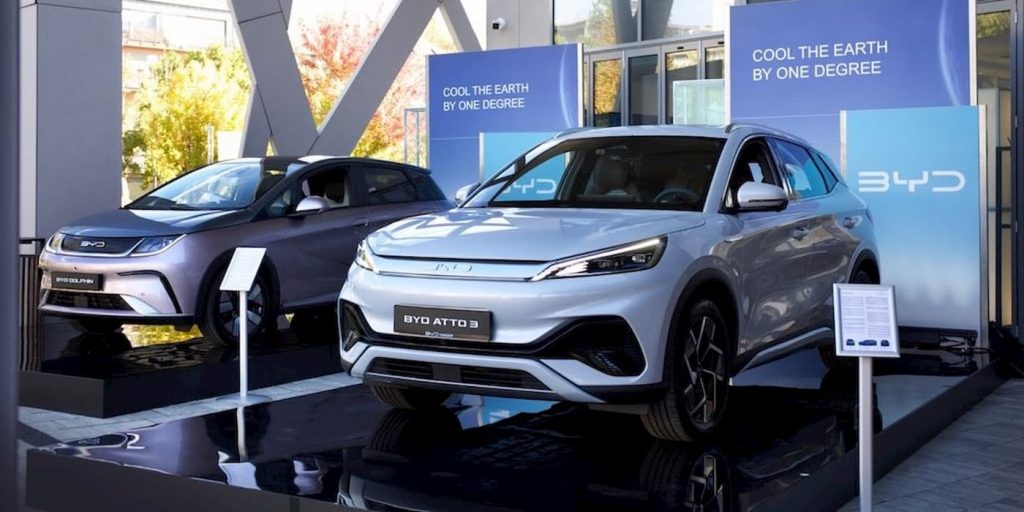
BYD’s workforce is now nearly double Toyota’s
BYD now employs over 700,000 people, adding about 470,000 since 2019. Fueled by China’s EV sales surge, BYD’s workforce is now nearly double that of Toyota’s 375,000.
After overtaking Volkswagen to become China’s largest automaker last year, BYD is not slowing down. BYD released a series of lower-priced “Honor” editions of its best-selling electric cars.
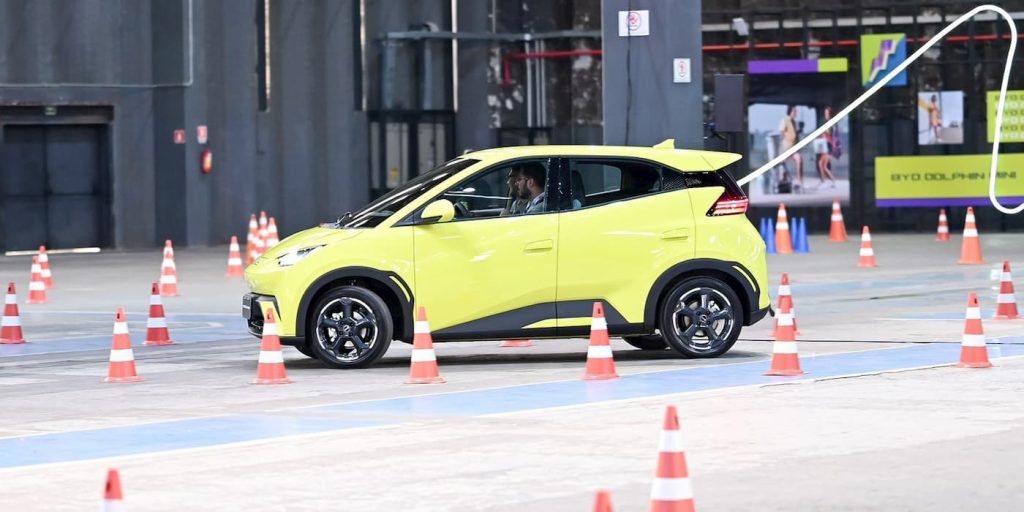
BYD’s cheapest EV, the Seagull Honor edition, starts at just $9,700 (69,800 yuan) in China. The new low-cost EV is already creating a stir among overseas rivals ahead of its European debut.
Despite talks of a slowdown in the EV market, BYD hit a new YTD EV sales record earlier this month. Through April, BYD has sold over 434,500 EVs globally.
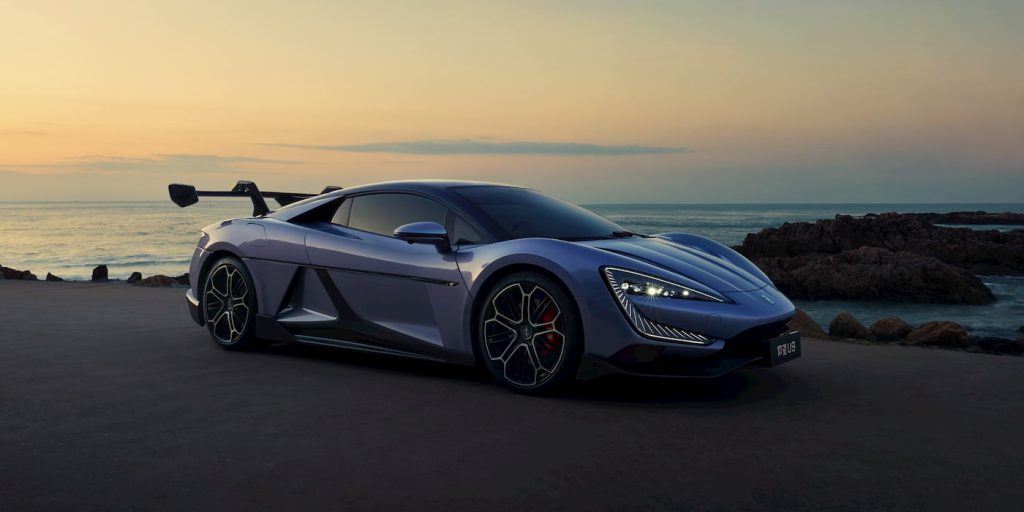
Although BYD is best known for its affordable electric cars, the automaker is expanding into new segments like luxury, mid-size SUVs, and electric supercars.
BYD launched its Sea Lion 07 this month. Starting at $26,250 (189,900 yuan), BYD’s new electric SUV undercuts Tesla’s Model Y in China, which starts at $34,550 (249,900 yuan).
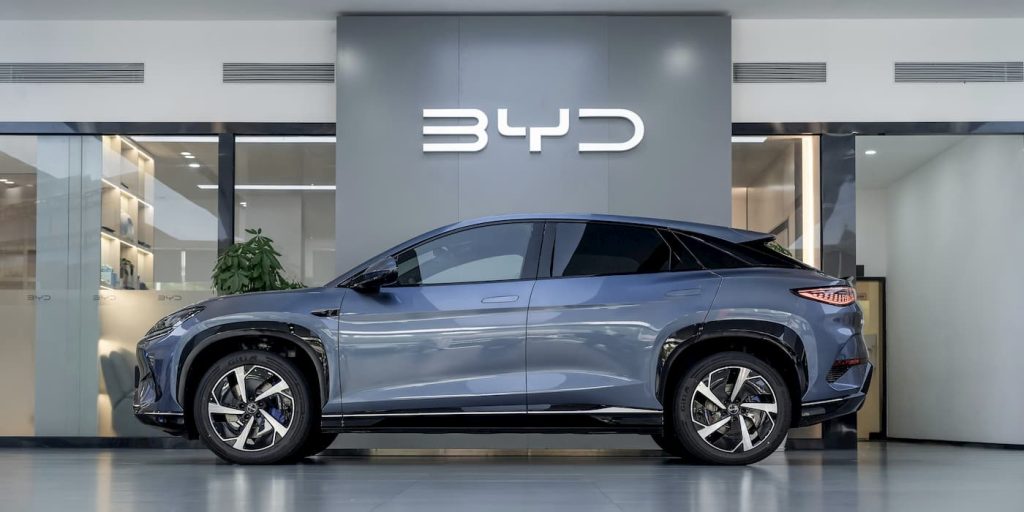
According to reports, a new Seal model is due out to compete with Tesla’s Model 3. It’s expected to officially debut next month.
Meanwhile, Toyota is moving backward with new plans to develop “next-gen” engines despite calls to go all-electric.
As the market moves towards EVs, it will be interesting to see where BYD’s workforce is relative to Toyota’s at the end of the decade.
What do you guys think? Will BYD continue outpacing Toyota’s job growth? Or will the Japanese automaker turn things around? Let us know your thoughts in the comments below.
Source: Nikkei
FTC: We use income earning auto affiliate links. More.

